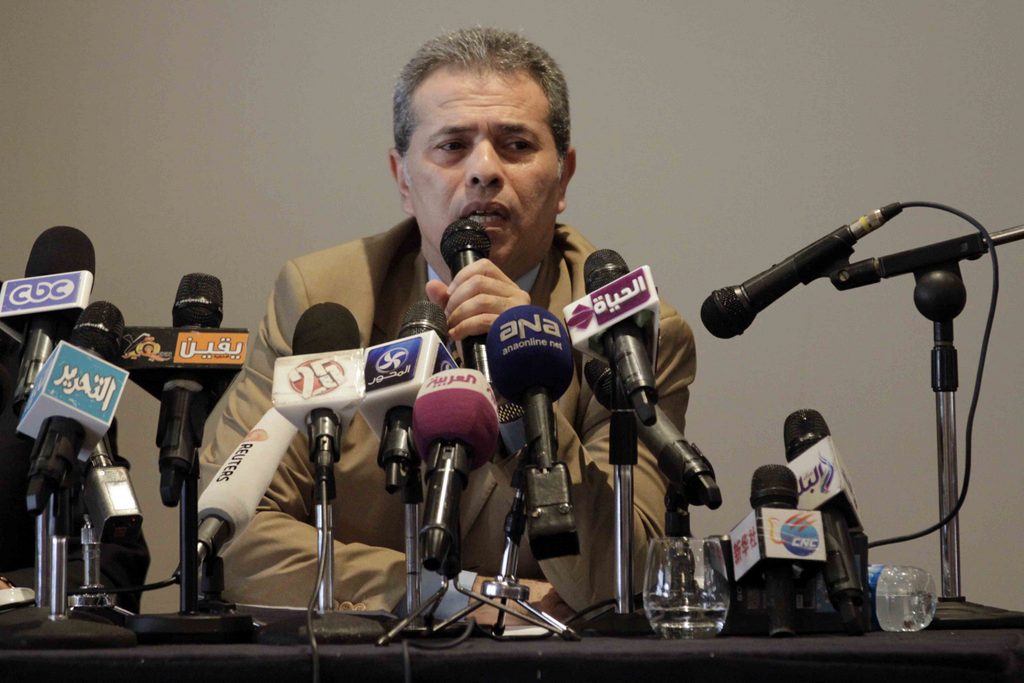Egypt’s archaeological survey mission has discovered a group of Ptolemaic-era offering rooms in west Abydos, in modern day Sohag governorate.
The rooms were discovered through holes in a mountain, with each room containing areas for placing offerings to ancient Egyptian gods.
These holes are located high up on a cliff face in a sacred valley area, south of the royal cemetery at the necropolis of the Early Dynastic Period kingdom in Abydos’ Umm el-Qa’ab area. local media reported on Saturday.
The area’s modern Arabic name, Umm el-Qa’ab, hints at the large number of pots and pottery shards found there, the area once having been a site of veneration and worship in Ancient Egypt. It is located in the desert between Abydos’s fertile ground and the rim of mountains that stands to the south-west.
The holes discovered are considered as entrances that lead to rooms carved into the rock, that contain broken pottery, fountains, terraces, and a number of sunken circles or pans. The new discovery is believed to have great religious significance.
The undecorated rooms are about 1.20 metres in height, and located above deep vertical wells linked to natural water tunnels.
The area was used as a place of worship during the Ptolemaic period, particularly around the first and second centuries BCE. The mission found evidence of pottery from this period characterised by a groove that encircles the vessel below the rim.
The mission also discovered several pieces of pottery in the rooms dating back to the New Kingdom and Late Period of Ancient Egypt.
Although these rooms were used as cemeteries, there has so far been no evidence that any of them were used for burial, instead having been used for offerings.




